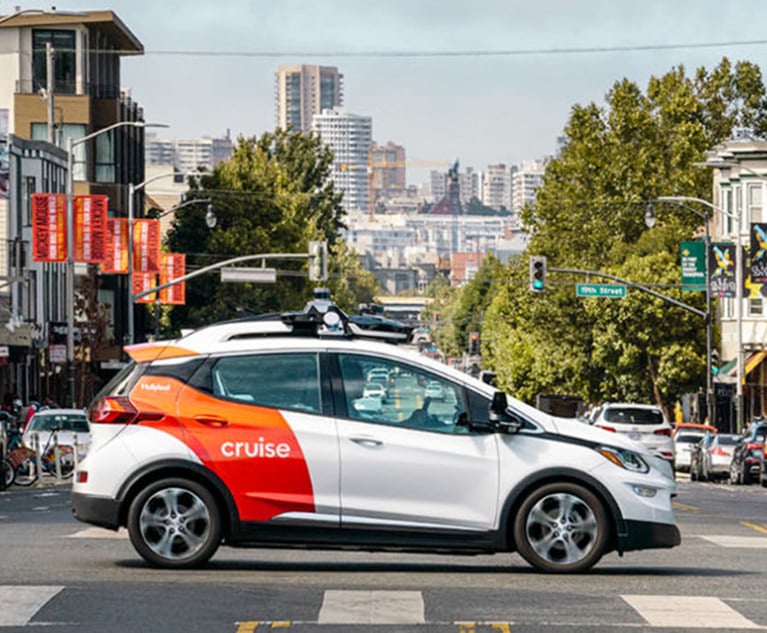Each year, more connected and autonomous vehicles (CAVs) enter the road, yet the governing legal framework seems to lag behind. This is particularly true for cybersecurity and privacy. While several jurisdictions have recently released voluntary guidelines or draft bills on cybersecurity, binding privacy regulation remains overdue. This article compares privacy regime in Germany, United States, and China, and purports to inform global CAV players, users, and others what to anticipate in this hot yet gray space.
The Unique Nature of Intelligent Vehicles
Thanks to rapid innovations in Internet of Things, sensor technologies, and data analytics, traditional automakers have allied with technology leaders in a manic race to build intelligence into driving machines from connected cars to autonomous vehicles (AVs). Intelligent vehicles are only starting to evolve, yet already they generate a complex array of cybersecurity and privacy issues.
This content has been archived. It is available through our partners, LexisNexis® and Bloomberg Law.
To view this content, please continue to their sites.
Not a Lexis Subscriber?
Subscribe Now
Not a Bloomberg Law Subscriber?
Subscribe Now
LexisNexis® and Bloomberg Law are third party online distributors of the broad collection of current and archived versions of ALM's legal news publications. LexisNexis® and Bloomberg Law customers are able to access and use ALM's content, including content from the National Law Journal, The American Lawyer, Legaltech News, The New York Law Journal, and Corporate Counsel, as well as other sources of legal information.
For questions call 1-877-256-2472 or contact us at [email protected]


 Xiaoyan Zhang
Xiaoyan Zhang




